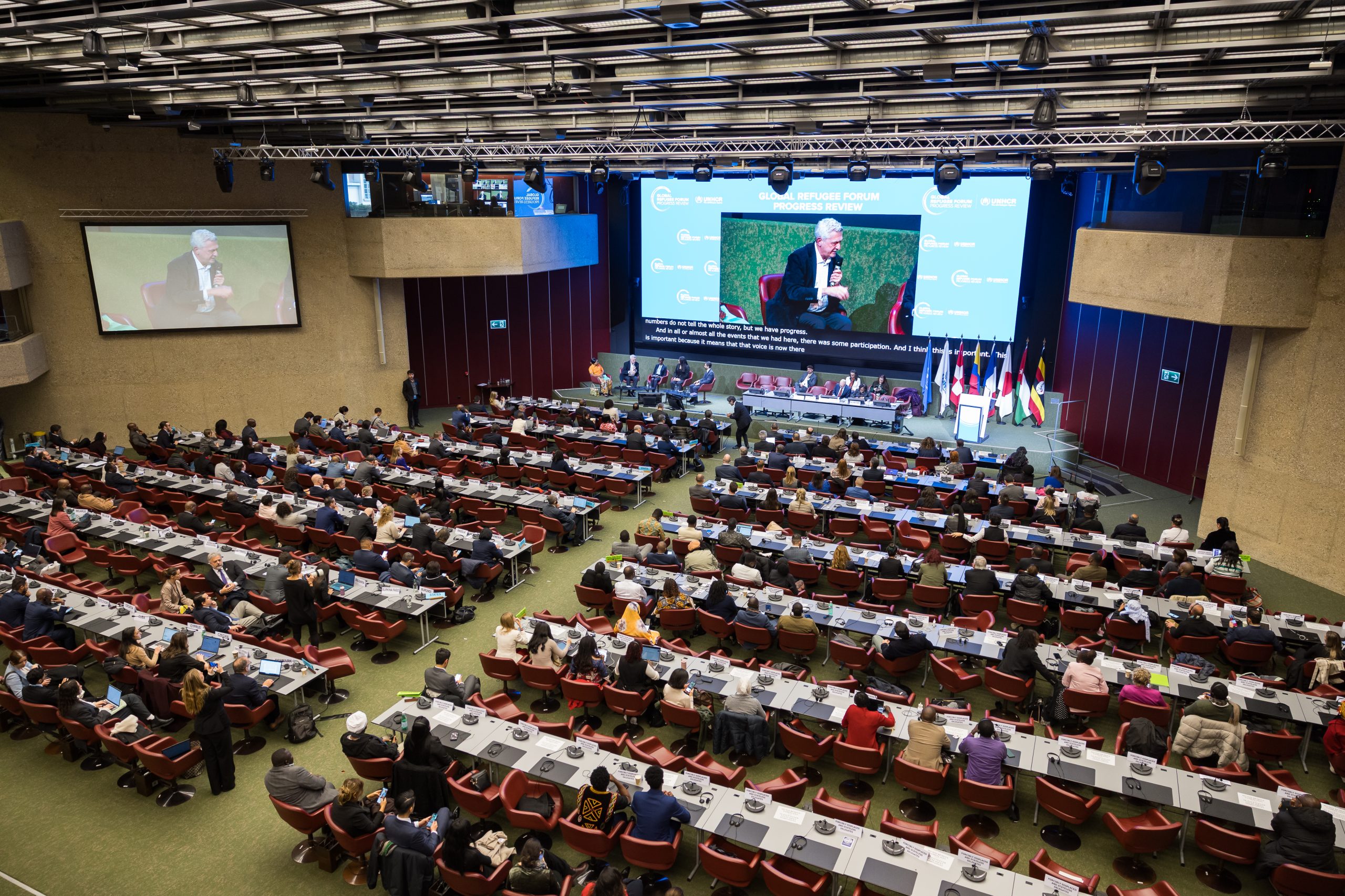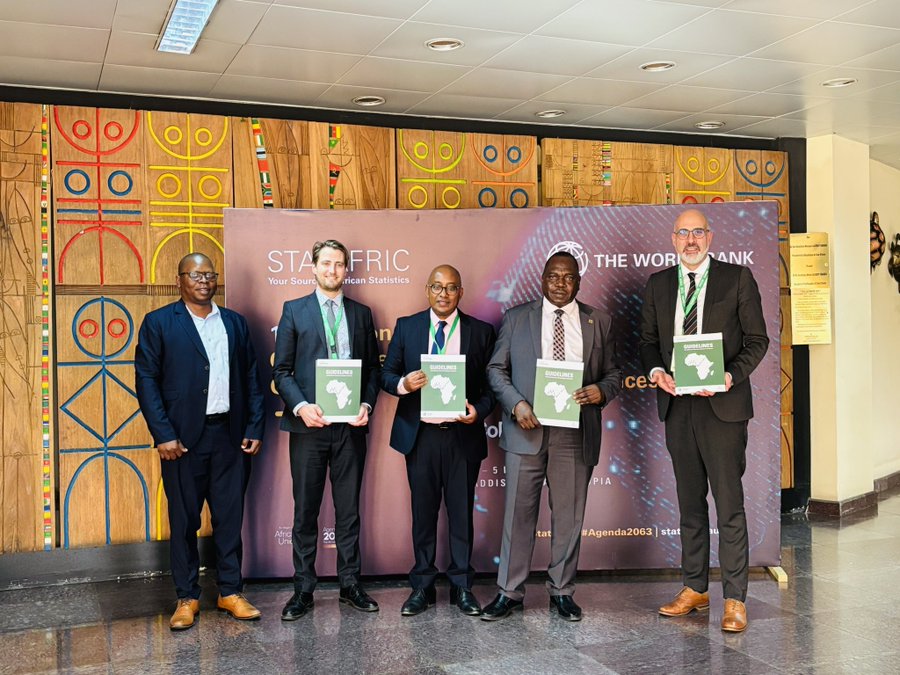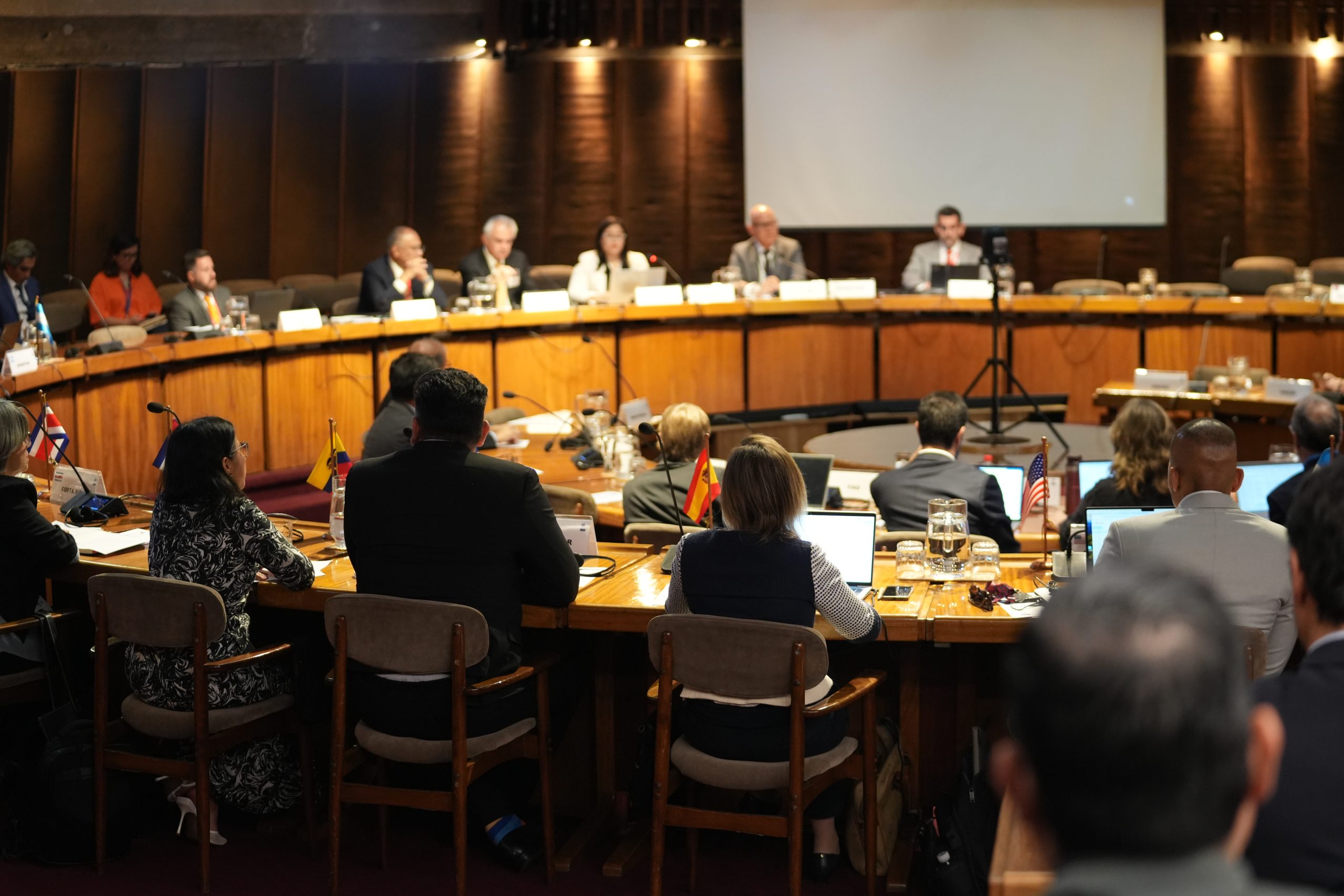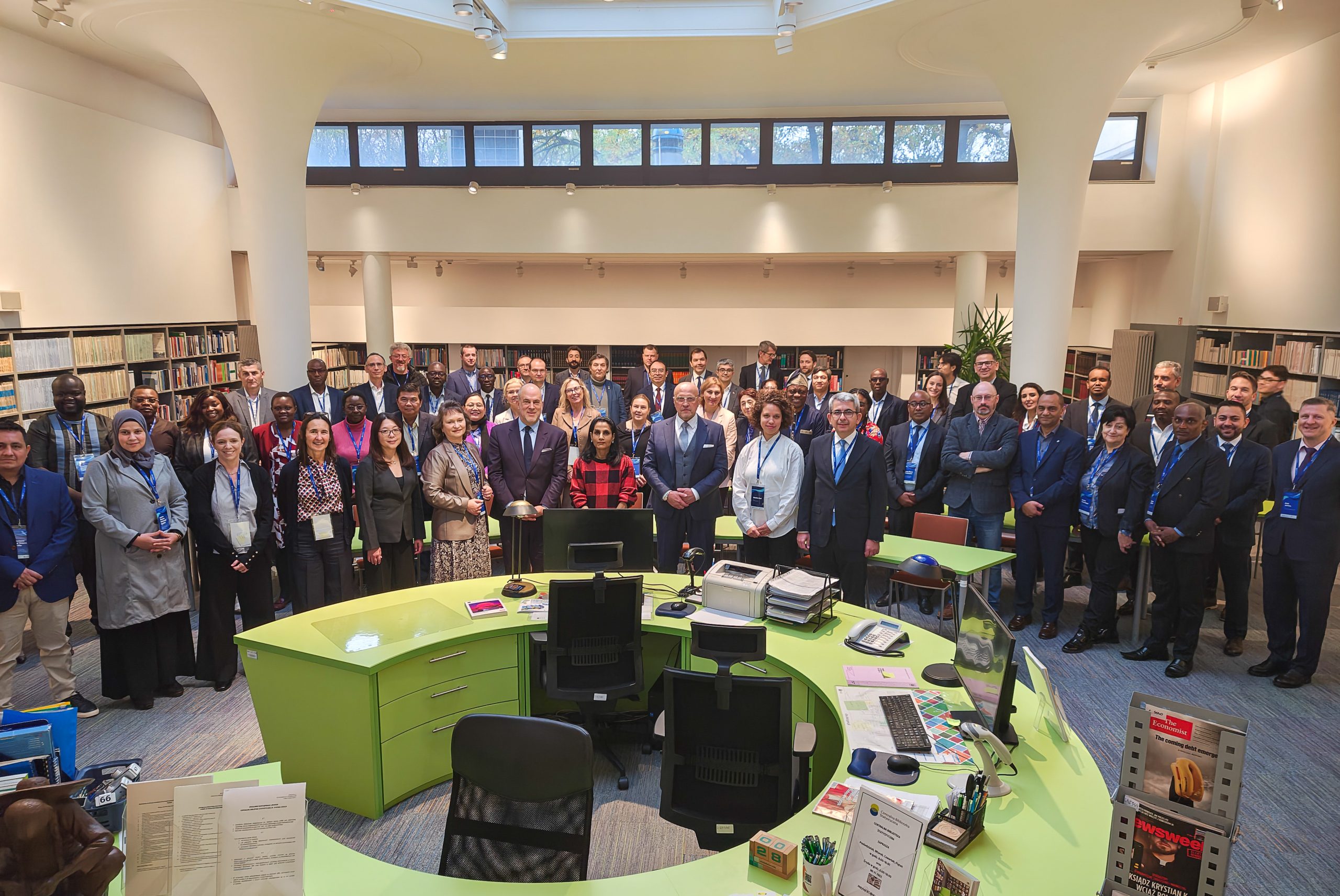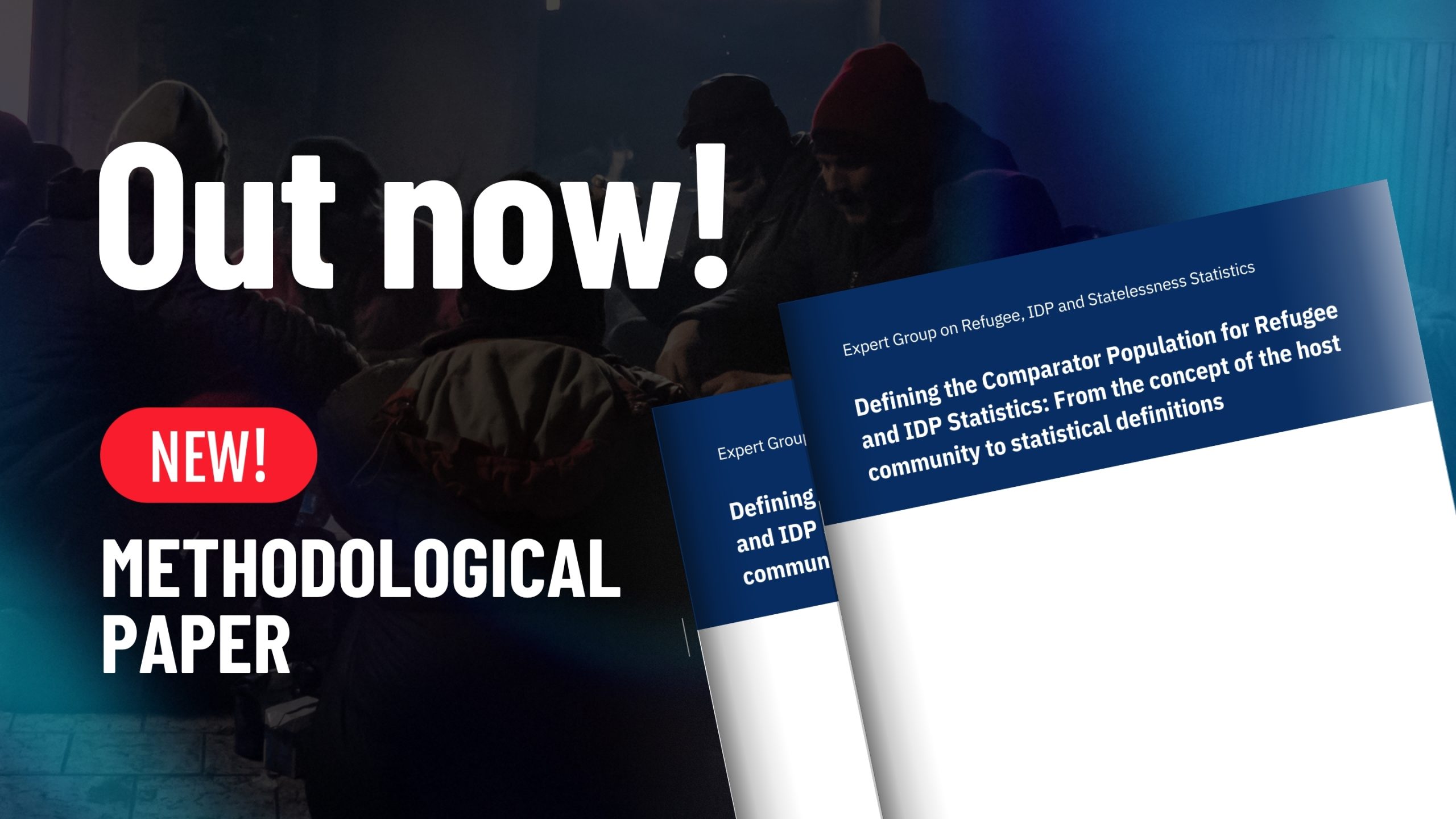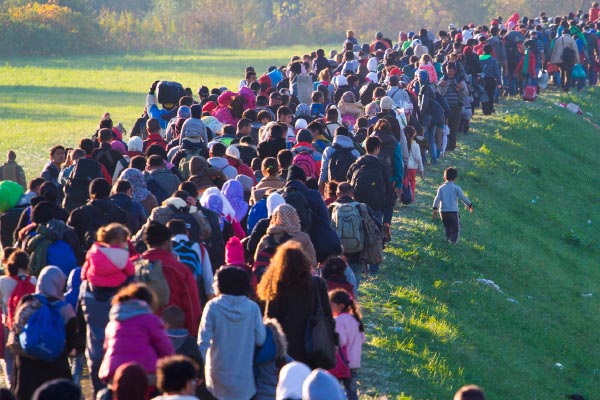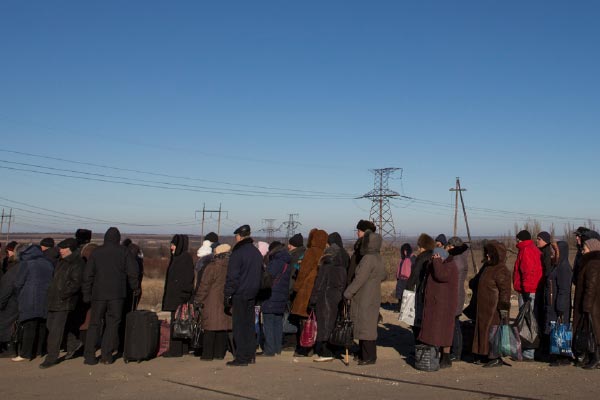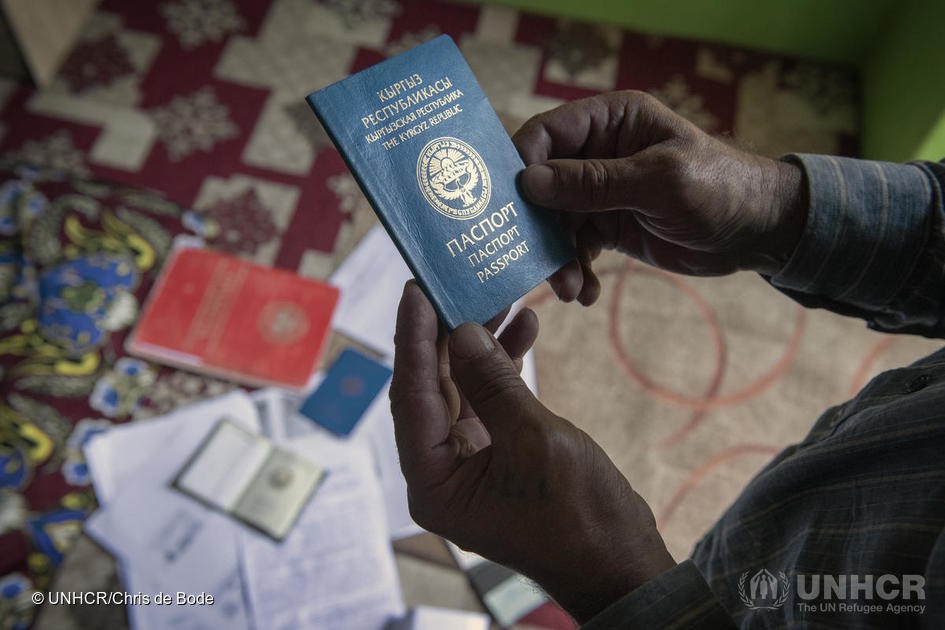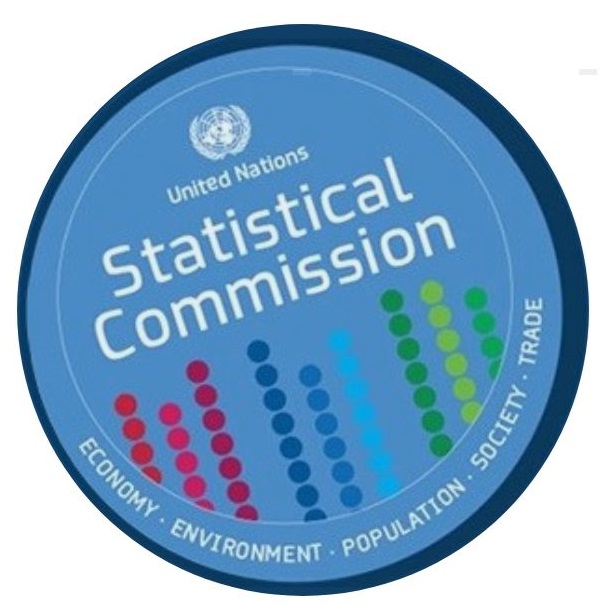International Recommendations on Statistics
Implementation examples
Since the endorsement of the International Recommendations on Refugee and Internally Displaced Persons Statistics (IRRS and IRIS), the EGRISS Secretariat has been monitoring their implementation at national, regional, and global levels. In 2023, since the International Recommendations on Statelessness Statistics (IROSS) were endorsed, the monitoring system was expanded to include statelessness statistics. Over 250 examples of planned, ongoing or completed initiatives have been identified so far.
The Expert Group on Refugee, IDP
and Statelessness Statistics (EGRISS)
The United Nations Statistical Commission (UNSC) established the Expert Group on Refugee, IDP and Statelessness Statistics (EGRISS) at its 47th session in 2016, with the initial mandate to develop International Recommendations on Refugee Statistics (IRRS). EGRISS’ mandate was later extended to develop the International Recommendations on Internally Displaced Persons Statistic (IRIS) and a Compilers’ Manual. Currently, EGRISS is on its third mandate, focusing on the implementation of both sets of recommendations at national, regional and international levels as well as the development of the International Recommendations on Statelessness Statistics (IROSS), successfully endorsed at the 54th session of the UNSC, in 2023. EGRISS is a multi-stakeholder group comprised by members from 62 national authorities and 40 regional and international organisations.
Calendar
⬤ Trainings/Workshops
⬤ Events
⬤ Institutional
February
No Events

